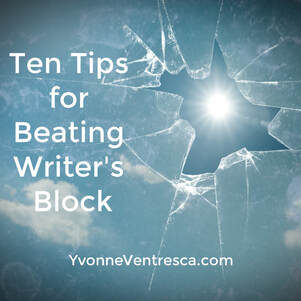
Suffering from writer's block? Try these techniques.
- Change your writing location. If you write at home, try a coffee shop or a public library. Take a ferry ride. Sit in a park or other outdoor setting. If you generally like quiet, try a more active environment and vice versa. Altering your sensory experience (noise level, etc.) while you create can have a positive impact.
- Make yourself accountable to other people. Try arranging time to write with a friend in person or for more scheduling flexibility, arrange to do “sprints” (timed periods of focused writing) with people online. Use #writingsprint on Twitter, for example, to find others who want to write at the same time. Knowing others are involved can help keep you on track.
- A related concept is to keep in touch with an accountability partner. When I have an actual editorial deadline, I tend to work more consistently. I manufacture the same effect by telling a writing friend I’ll check in each day (or at the end of each week) and ask them to gently nudge me if I don’t.
- Change your physical writing process. I alternate between drafting with pen on paper and editing/revising on the computer. The switch between handwriting and typing helps keep the process fresh instead of an endless slog of sameness.
- According to Ernest Hemingway, one technique to prevent blocks is to stop writing for the day when you know what comes next. “The best way is always to stop when you are going good and when you know what will happen next,” he said. “If you do that every day. . . you will never be stuck.”
- Set up positive reinforcement. Promise yourself coffee/chocolate/social media time after you’ve completed a certain number of words or spent a set amount of time revising.
- Take a different approach to a difficult scene. Try writing it from an alternate POV or change the scene's setting. You can also try interviewing your character on paper about the work-in-progress. Or ask, “what do I need to know to write this scene?” and journal the results. Sometimes figuring out a missing piece of information can unlock a story.
- Refill the creative well. Julia Cameron suggests going on artist dates, solo activities that bring joy: “Since art is about the play of ideas, they feed our creative work by replenishing our inner well of images and inspiration.” Visit a museum, color a picture, take photos -- do something alone that allows you to daydream.
- Be kind to yourself. A draft is something to be revised later. Perfect words don’t need to flow effortlessly onto the page to make progress. Allow yourself the time and space to make creative mistakes.
- Try typing (or writing) ANYTHING. If I’m really stuck, I set a timer and whine (on paper) about not making progress. When the timer goes off, I’m usually sick of complaining, and I can get back to work.
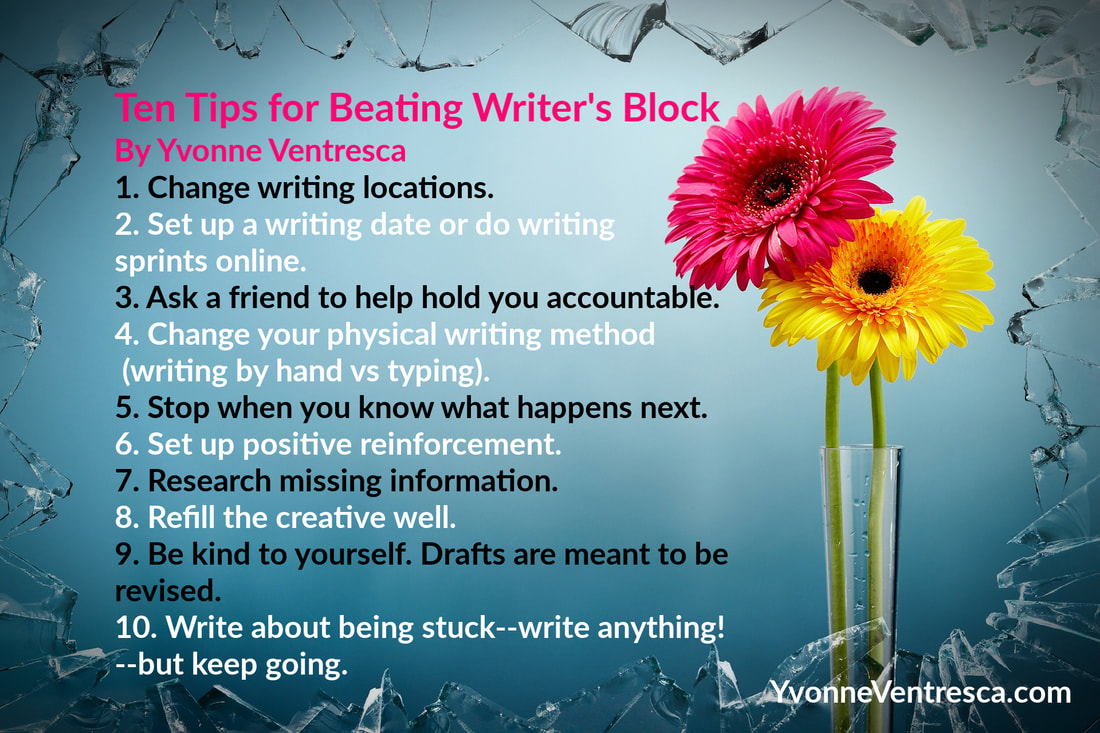
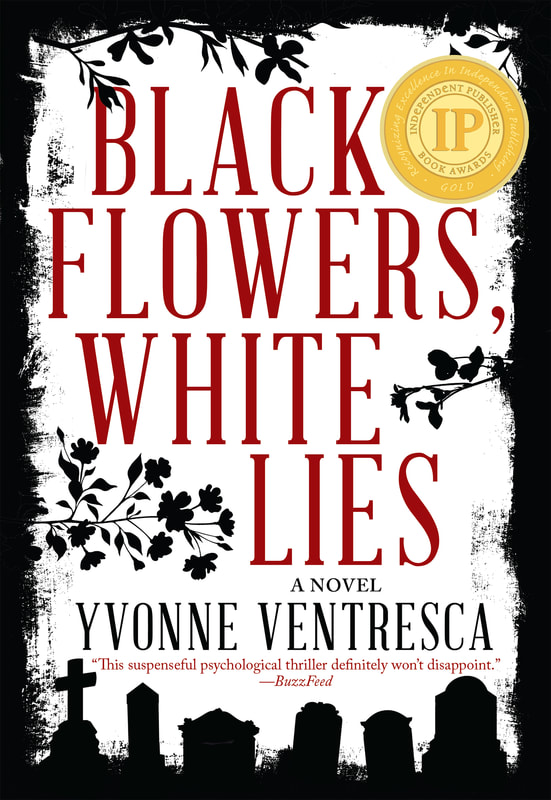

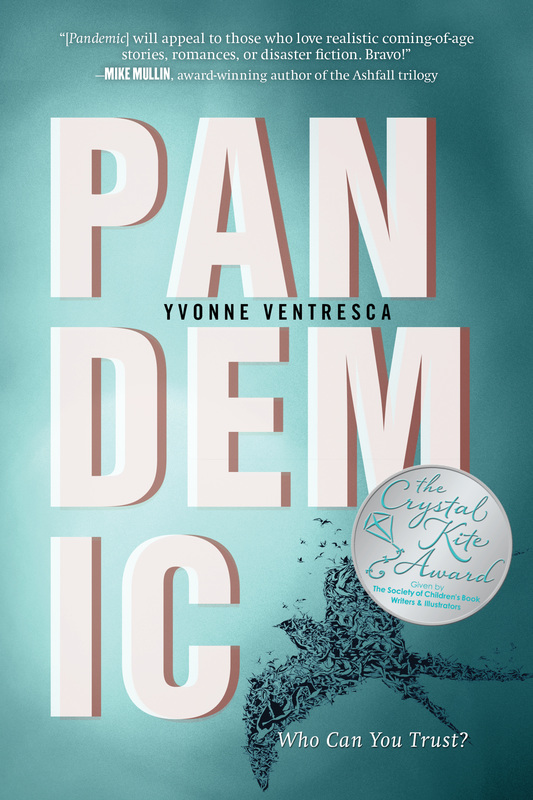
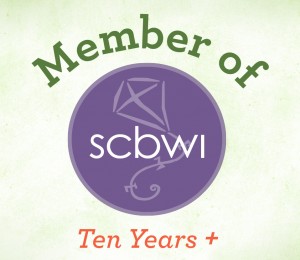


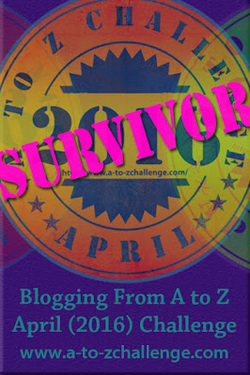
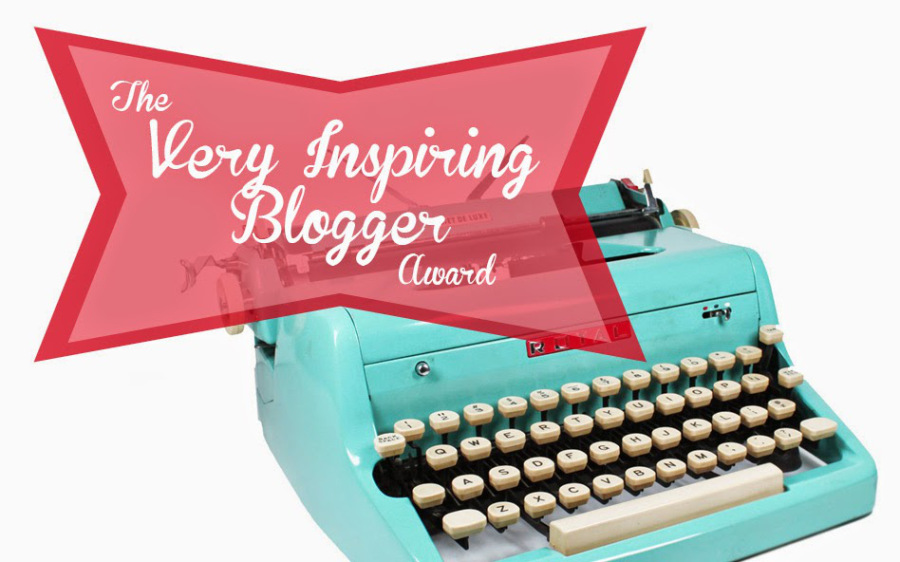
 RSS Feed
RSS Feed